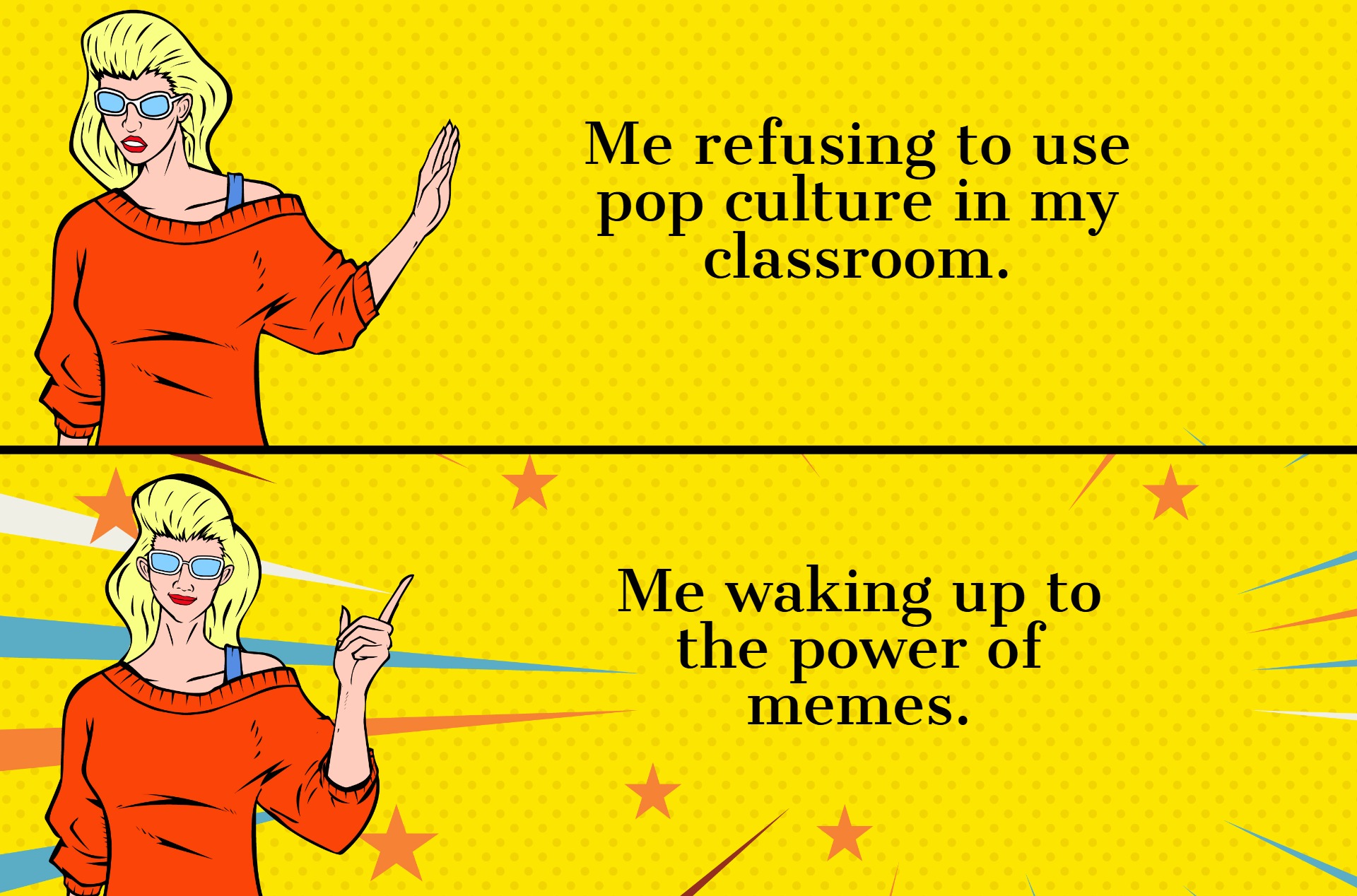Coming up for tenure, the CV holds ‘the course of one’s life’
Whether we like it or not, the CV plays a huge role in the tenure process, so telling the right story is key.

On September 15, I submitted my tenure file for review. Having previously written about getting the job, I had now reached the junction, the stop sign, where the gatekeepers would decide whether to allow me to continue down the road called “professor job” or force me onto a detour which will hopefully also eventually lead to someplace called meaning, fulfillment, profession. Before my job interview, there was the PhD defense, aptly called “the viva” in the U.K.: in Spanish, the word means “alive.” And, for me, I very much felt alive during my defense almost a decade ago. I surprised myself at how I just talked rather than worried and actually had pretty decent and intelligible things to say.
Having convinced various people that I should receive a doctorate and a job as an assistant professor, I now need to persuade them that I should keep that job. Tenure comes from the Latin tenere, “to hold.” It’s like I get to actually hold something if my tenure case is successful; it evokes this image of holding something precious in my hand: a job, basically for life. I could still drop it, I guess, but the job isn’t holding me — I’m the one who gets to decide to keep holding it. In order for this to potentially happen, I had to submit my tenure file, where the piece de resistance is the CV — Curriculum Vitae: “the course of one’s life.” Unlike the viva and the job interview, I’m not present to make my case. Instead, the CV becomes the representation of “me,” or rather a reified me-as-academic-for-the-past-six-years. Of course, the letters written largely about my CV may be even more important than the CV itself. A little “mini me” is served up on a platter to a cadre of top chefs — external letter writers and UBC faculty — who ultimately decide whether I go onto the next round or am booted out. They may not like how I put these different tastes together on my CV; heaven forbid, one of them may even despise or be allergic to one of the ingredients.
In creating the CV, I’m being tasked with what 15 years of therapy has yet to achieve: a presentation of an integrated self and coherent life story. “Weave your story, who you are, through the statements, the research, teaching, and service,” I’m told. My interests, publications, teaching, random committee I served on, all have to tell a story, and that story is an undivided whole. My fields — adult education policy, higher education reform, transformative learning theory, educating health professionals — need to be a single story. From my retrospective position, I have to make it make sense. “You will be reduced to a soundbite,” another colleague warned me. “‘The policy girl,’ ‘the file with bad grammar,’ ‘the one who inserts a colon in the middle of all her publication titles followed by the word “toward.’” “You get to shape that soundbite,” they then reassured me. How? “Elevator pitch, clear thesis, unifying story,” was the response.
This is arguably what humans are uniquely good at: storying ourselves and our societies, as though A connects to B connects to C; and, audaciously, that A led to B and led to C, as we planned it all along. Yet if story and storytelling is the quintessence of the Homo Sapien, entropy is the governing law of the universe. The former truth, as Jung noted, is explained by the latter. We bring meaning, patterns, to bring order to disorder, both purposefully and unconsciously. It is therefore perhaps unsurprising that having cultural and personal continuity of story may be one of the best ways to hedge against suicidality. To tame the dragon of chaos is appealing, as evidenced by the three million+ copies sold of Jordan Peterson’s 12 Rules for Life. However, perhaps the call is to hold in tension the story and the chaos, disorder and order? Or, at least in approaching this material construction of a truncated self, those evaluating might acknowledge, for a moment, the absurdity of there ever being such a thing as an undivided, fully coherent academic narrative.
The CV is a strategic document. It’s the pitch of Toy Story 2 given to producers considering whether to make a sequel. Though that analogy does not really take us very far: UBC has made little money off me as a movie with the paltry grant money I’ve brought in over the past six years. Also, the producers already know a lot about Toy Story — after all, they’re the same producers. Although the film “Jude Walker” has been playing for six years at UBC, the producers haven’t seen it and no one has seen the whole thing — the CV is like a trailer. Further, it is well understood that sequels tend to be less good than the original; even my 5-year-old daughter can admit that Frozen II was “not quite as good as Frozen.” I would imagine UBC as an institution would hope the sequel of Jude as associate professor would be even better than the original Jude as assistant professor.
Maybe the CV can be better understood as legal evidence in defense of a witness that their testimony should be believed — but, yes, that is an entirely tautological and circuitous argument. More aptly, perhaps it’s like paperwork for a Honda Civic that one has been leasing along with a 1 in X chance that the car, at some point, might convert into a a high-end luxury vehicle at some point after purchasing. The university can choose to just end the lease or buy. Ideally, by looking at the paperwork, they’ll see what a trusty, reliable, car I’ve been, with no past mechanical failures and with no indication that I am going to die (figuratively or literally) anytime soon — and, who knows, maybe one day, like Optimus Prime, I will become the Lamborghini that brings further status and money to the institution that hired me.
One of my earliest school memories is a parent-teacher interview where I was asked to leave the room because, as my teacher laughed knowingly, “we want to talk about you, not to you.” While it may not be any of my business what other people think of me, now, like then, I will find out the general gist, even if I am not privy to the entire conversation. And it kind of sucks not to be in the room where it happens, as Aaron Burr (channelled through Lin-Manuel Miranda’s lyrics) put it. While the people who decide my fate are not my primary school teachers, some of them are my mentors and informal teachers, some are my superiors, and some are friends who may have gone through this process themselves just a year or two prior. Me-as-CV will be shunted along from head, to department, to faculty, to senior appointments committee where I’ll finally be seen by the Grand Poobah himself, university president, who (I think) will get out his pen and sign a letter which either gives me permission to keep driving on the road or tells me to get off his road right now, or at least within the next 365 days.
Whether I am the car or in the car, I am not being evaluated, rather my CV (as part of my larger tenure package) is. In some ways, I like the mystery, the tradition of talking behind-closed-doors, faculty members acting like freemasons in a Grand Lodge casting ballots in deciding on whether I, the candidate, should be admitted to their secret squirrel club. By having submitted my file, I am declaring my belief in a Supreme Being — the university, the system, the institution. Perhaps I will be seen enough to be one of them — perhaps not. For now, I will continue down this course until I see any obvious road signs.
Judith Walker is an assistant professor of educational studies at the University of British Columbia.
Featured Jobs
- Psychology - Assistant Professor (Speech-Language Pathology)University of Victoria
- Canada Excellence Research Chair in Computational Social Science, AI, and Democracy (Associate or Full Professor)McGill University
- Business – Lecturer or Assistant Professor, 2-year term (Strategic Management) McMaster University
- Veterinary Medicine - Faculty Position (Large Animal Internal Medicine) University of Saskatchewan















Post a comment
University Affairs moderates all comments according to the following guidelines. If approved, comments generally appear within one business day. We may republish particularly insightful remarks in our print edition or elsewhere.